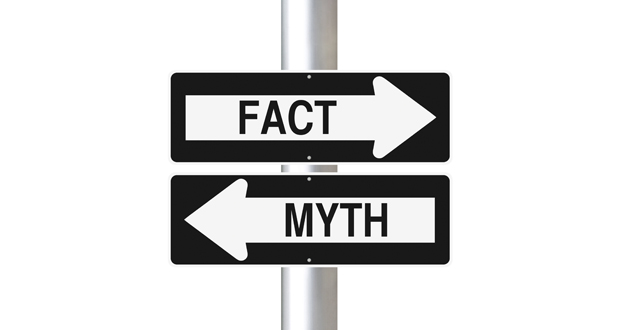Both anecdata and anecdota are cousins of anecdote, a 17th-century loanword from French that goes back to the Greek word anecdoton, meaning “something unpublished”. The earliest English citations have it in the plural form anecdota and glossed as “secret history/histories” (Oxford English Dictionary online). In the modern scientific paradigm, anecdotes (or anecdota) are not highly regarded because they provide only a limited a basis of evidence. The late 20th-century variant anecdata carries similarly negative connotations in learners’ resources such as the Longman Dictionary online: it defines anecdata asinformation that is “based on what someone thinks but cannot prove”. The earliest citation for anecdata (1992) dubs it “a journalist’s approach to reality” – associating it with low- rather than high-quality journalism. Yet anecdata can also be used affirmatively, as by the American website anecdata.org,establishedto “crowd-source data readings and anecdotal reports about our changing climate”. Vital observations of shifting seasonal patterns and life cycles of plants and animals in specific locations can be made by farmers, orchardists and wine-growers, whose livelihoods depend on natural cycles and coincidences between them. Scientific discoveries have often emerged through serendipity, i.e. by “accident and sagacity” (Horace Walpole 1754). Individual observations, when pooled as anecdata, become multifaceted evidence that could scarcely be obtained by experimental methods.
Please login below to view content or subscribe now.
 Campus Review The latest in higher education news
Campus Review The latest in higher education news

